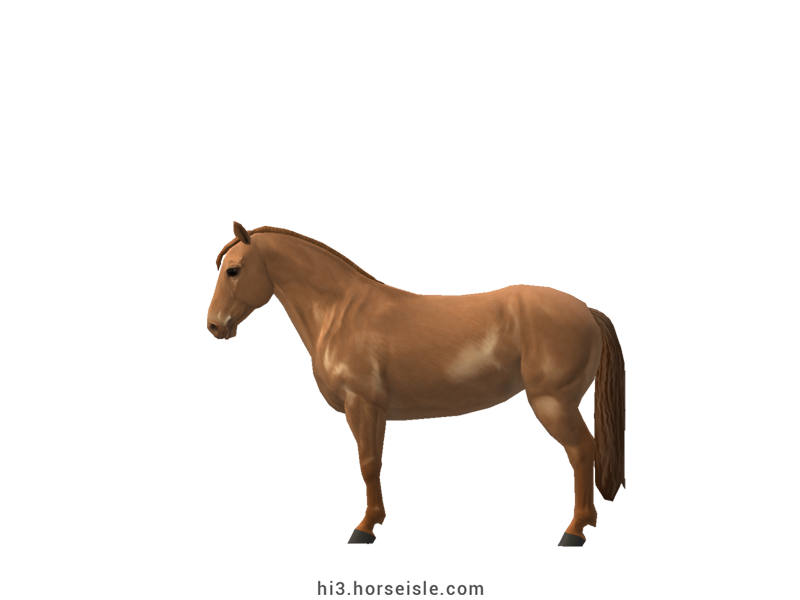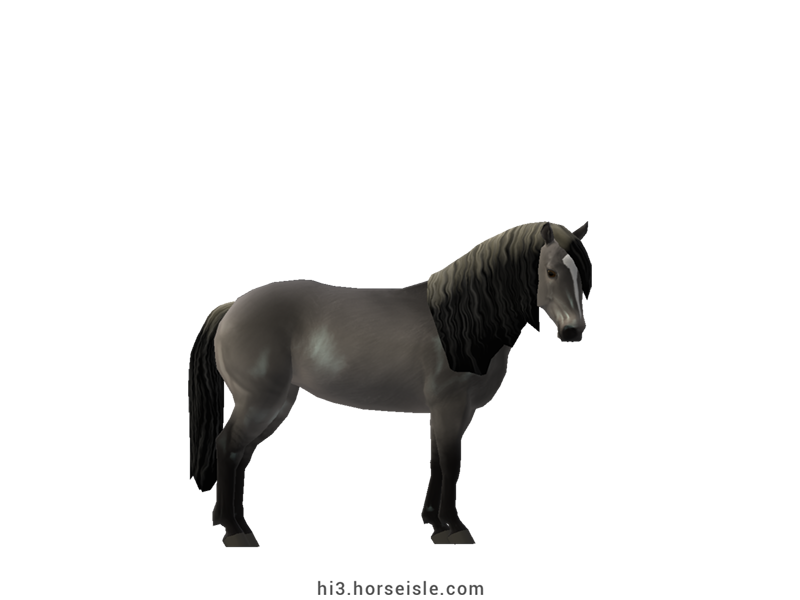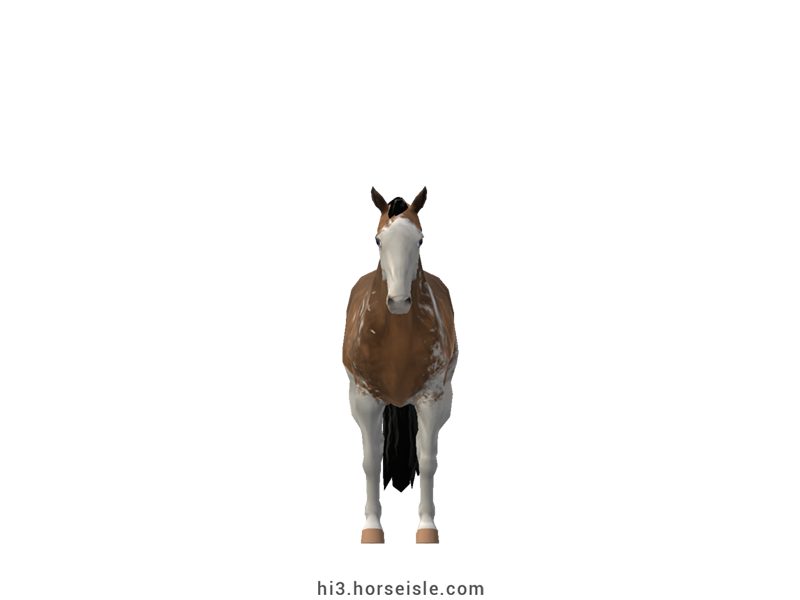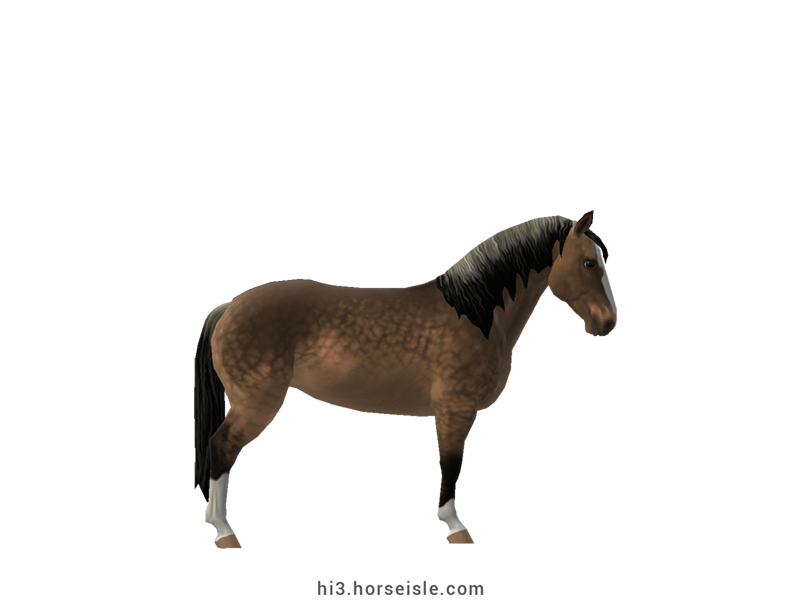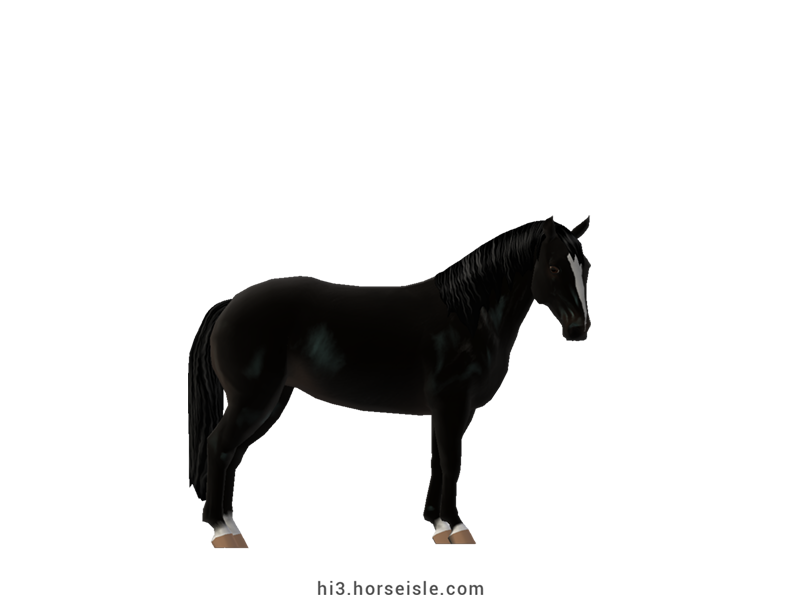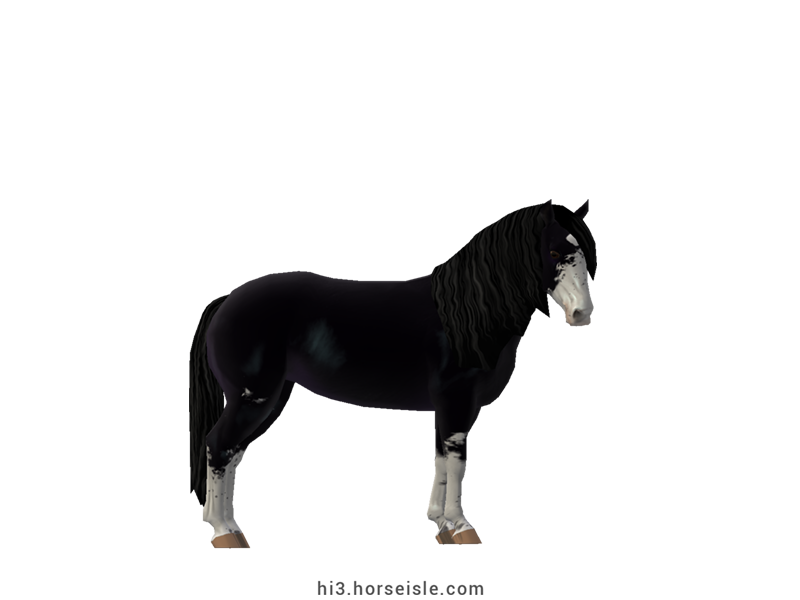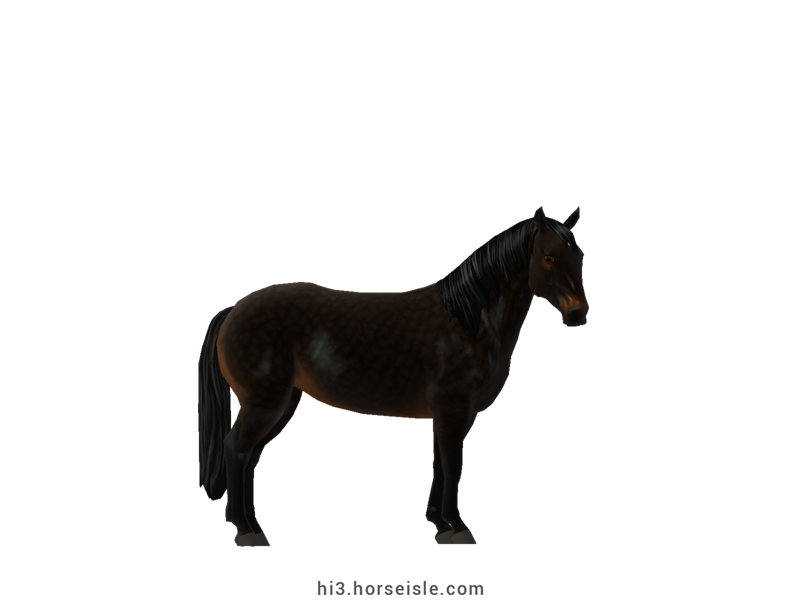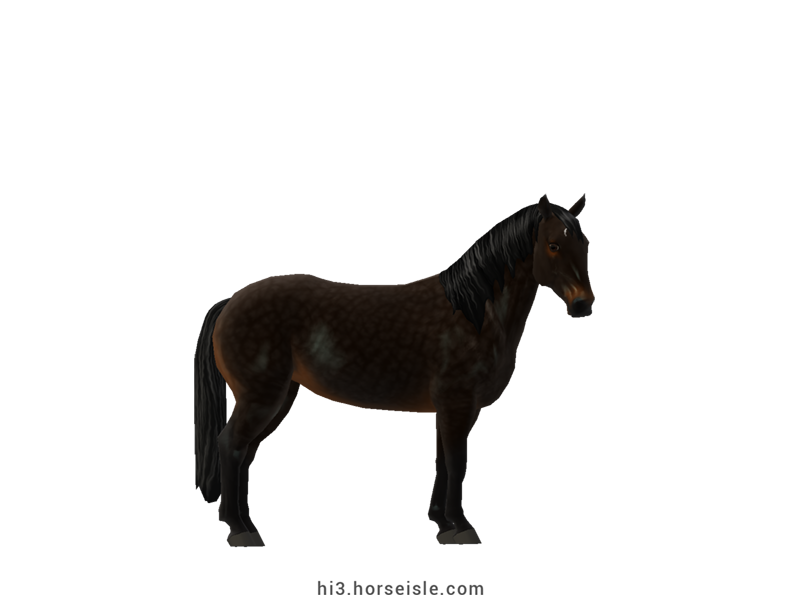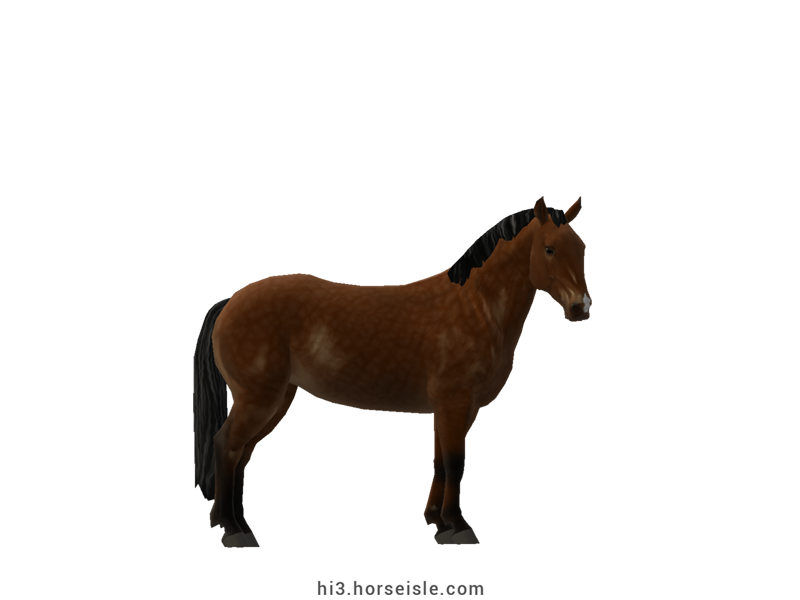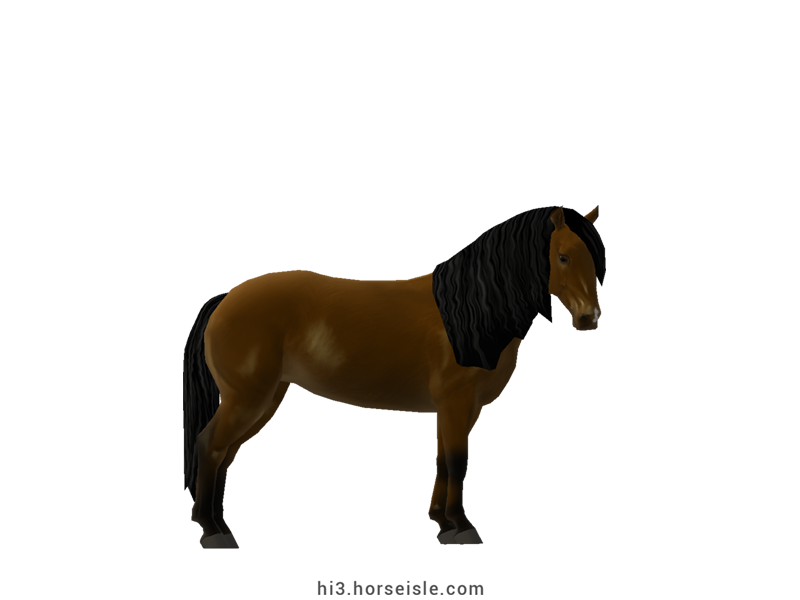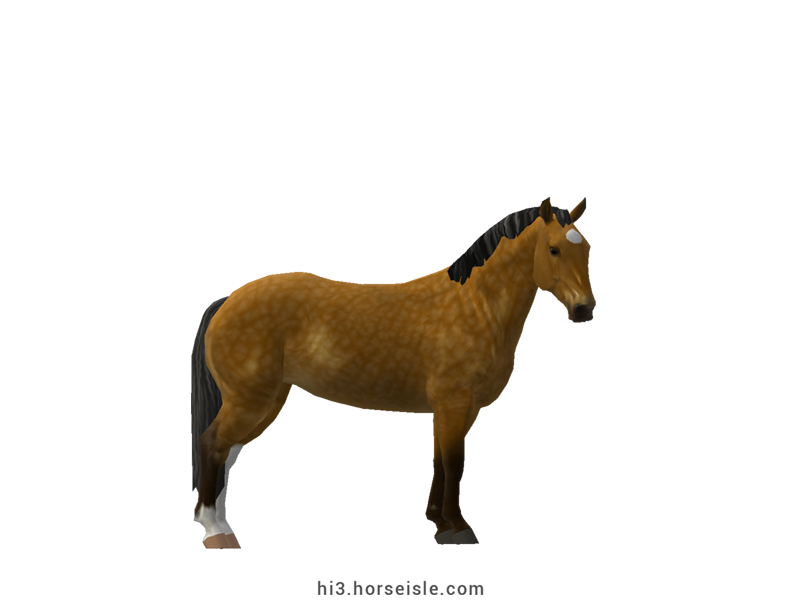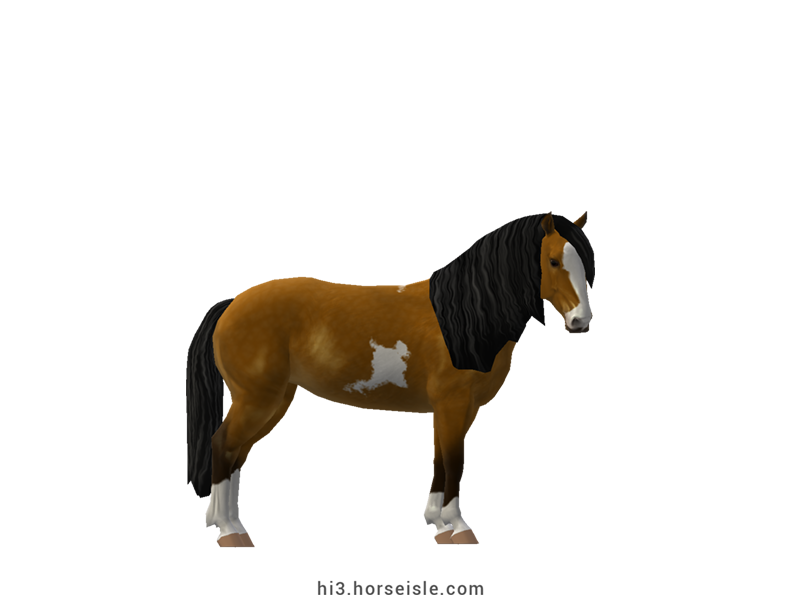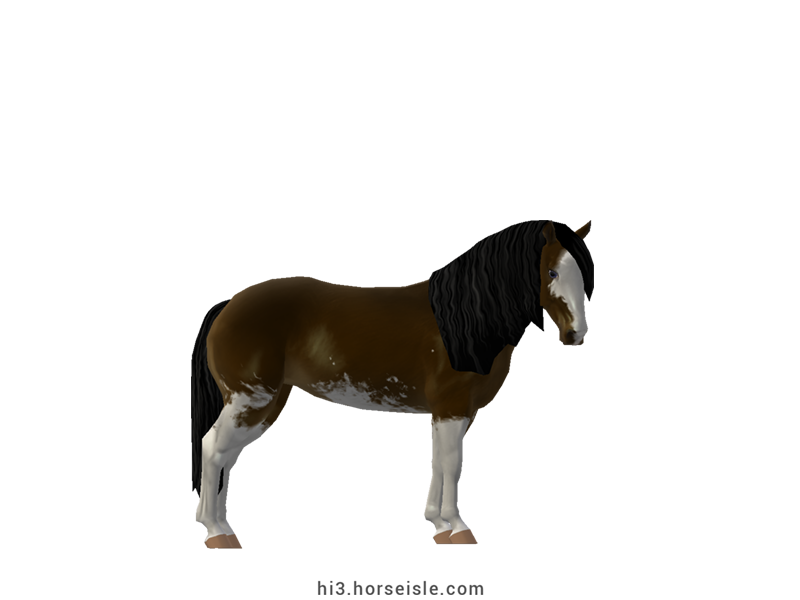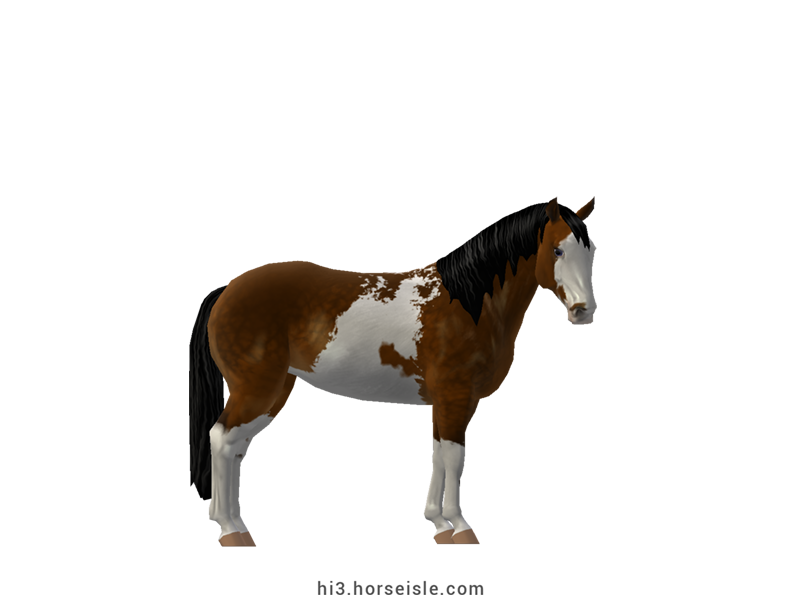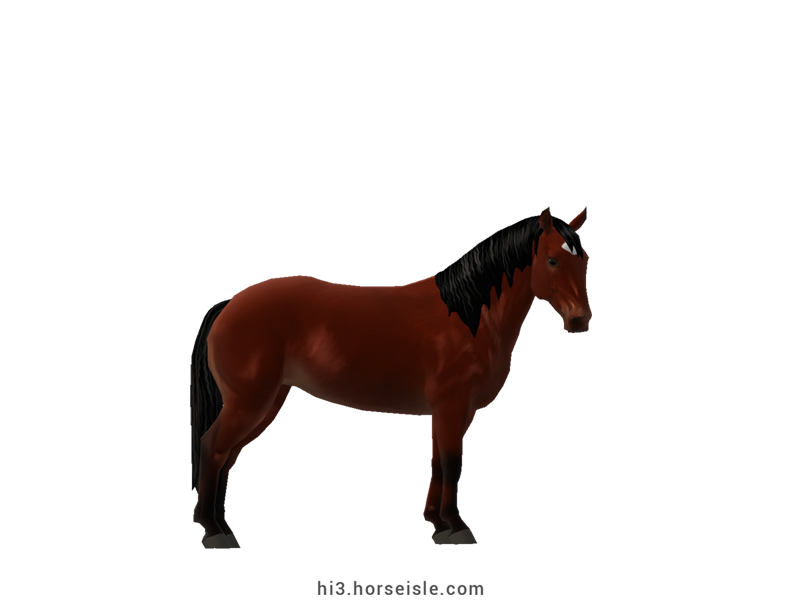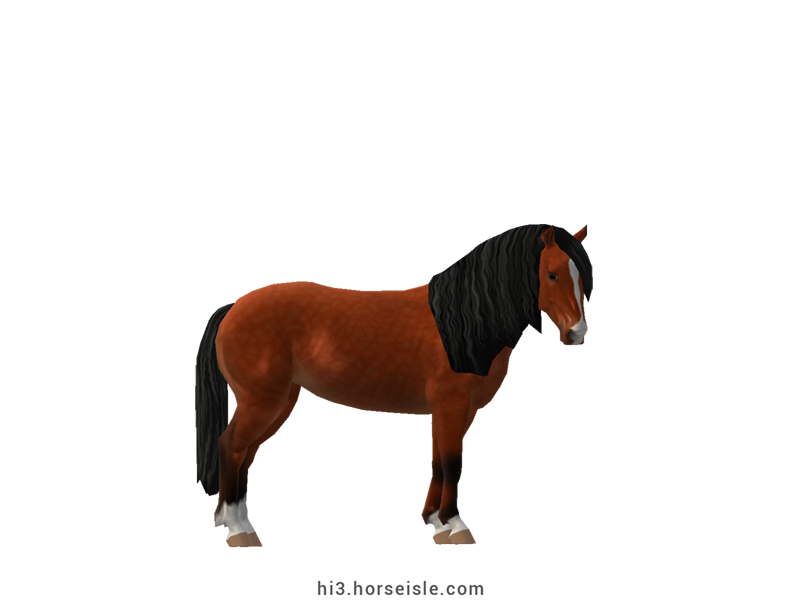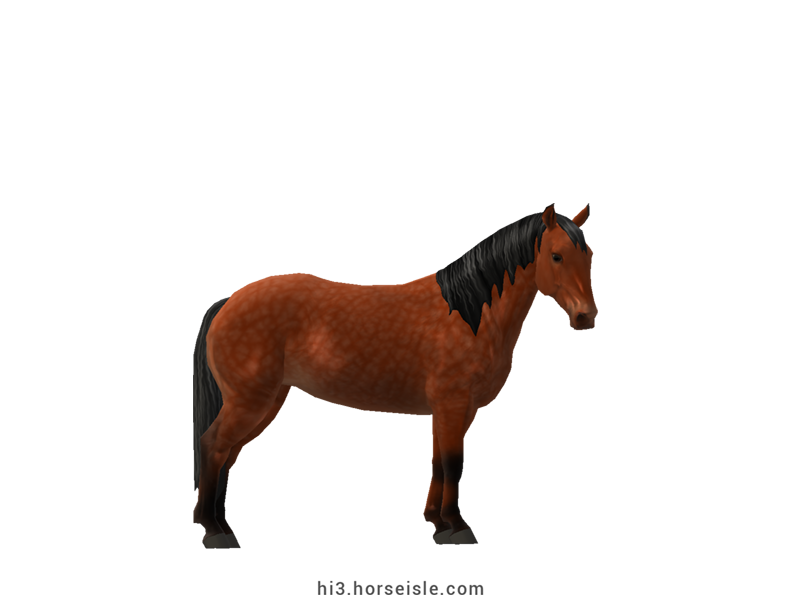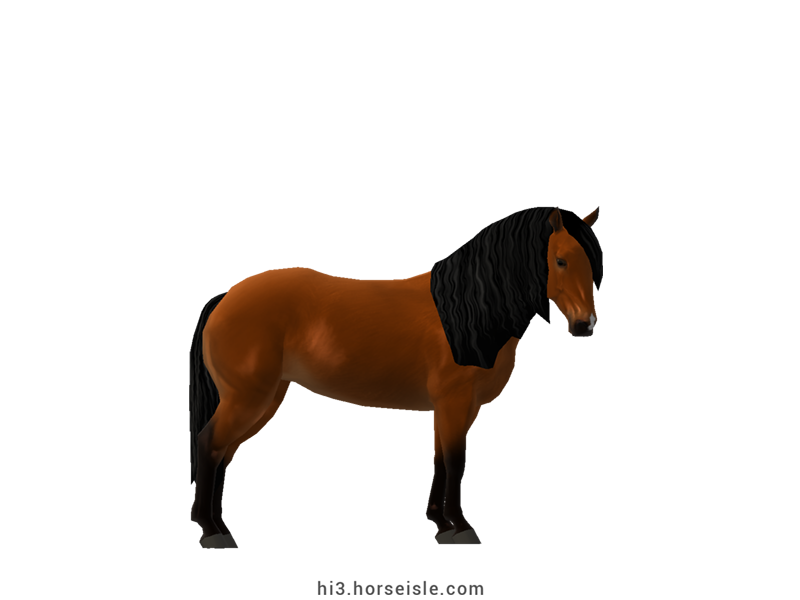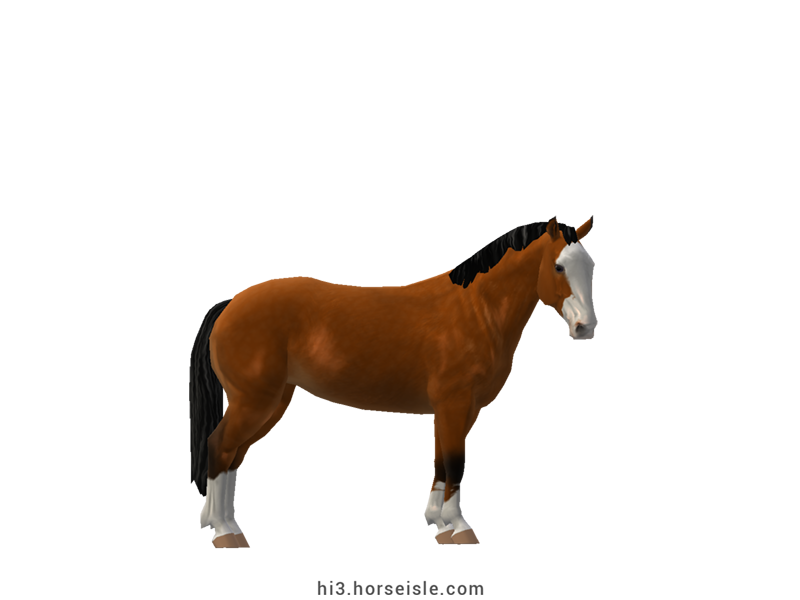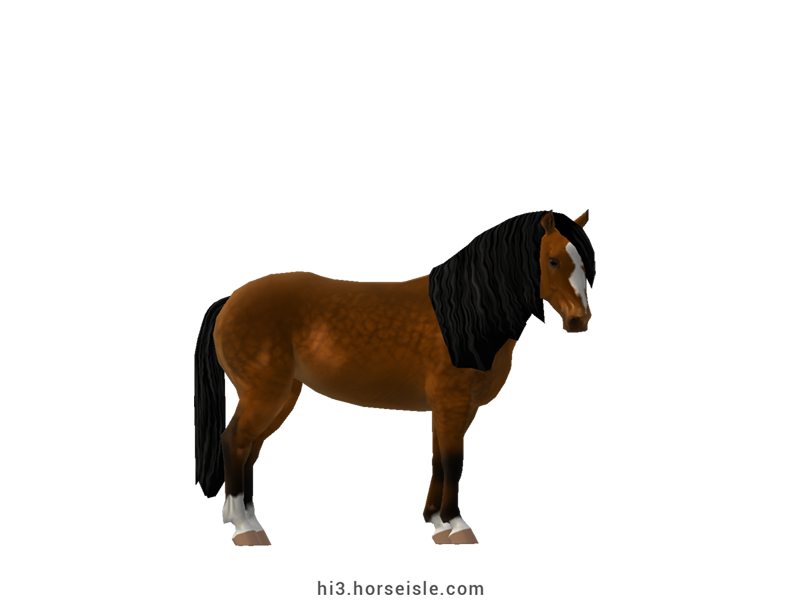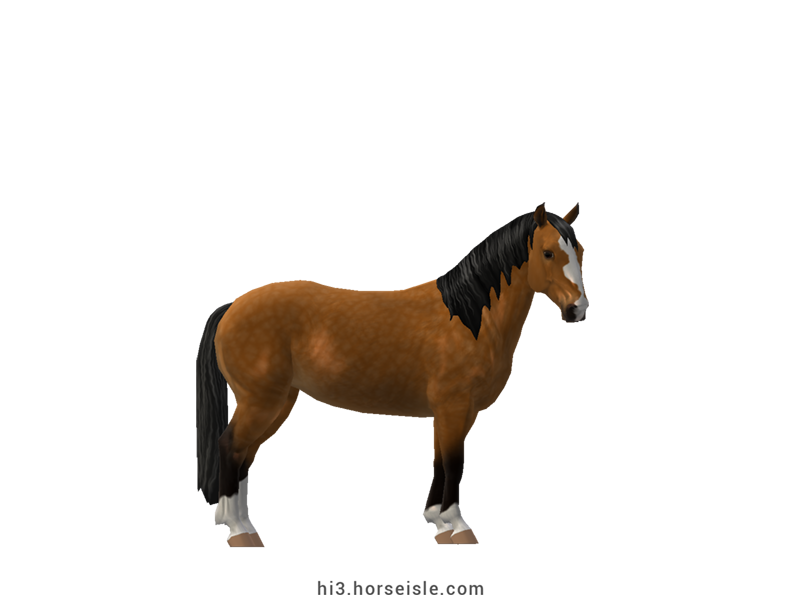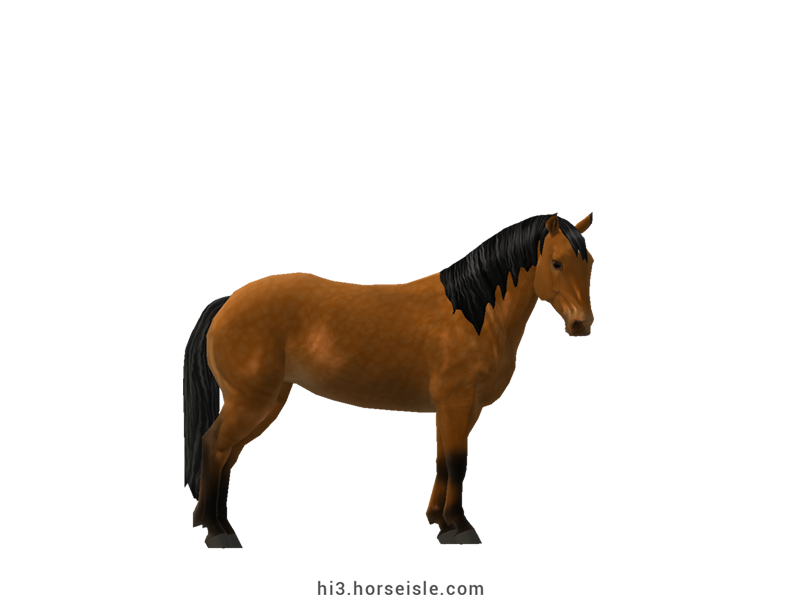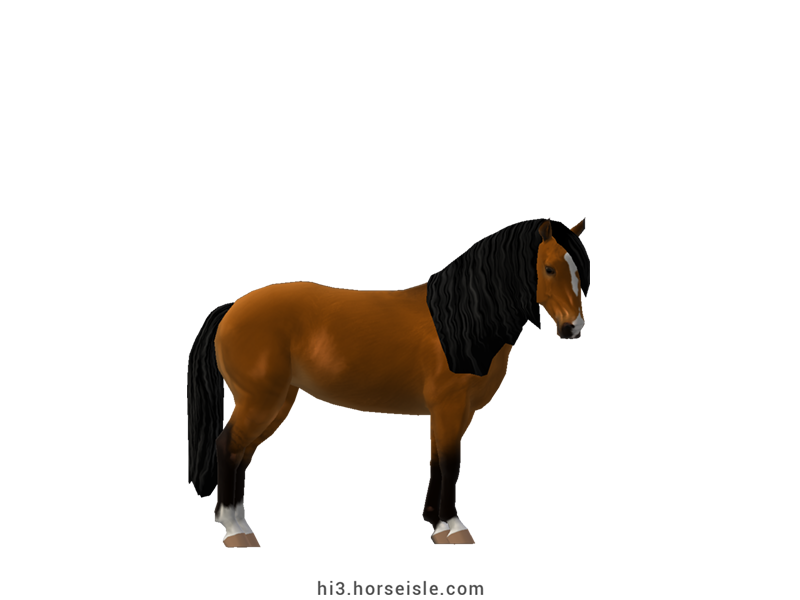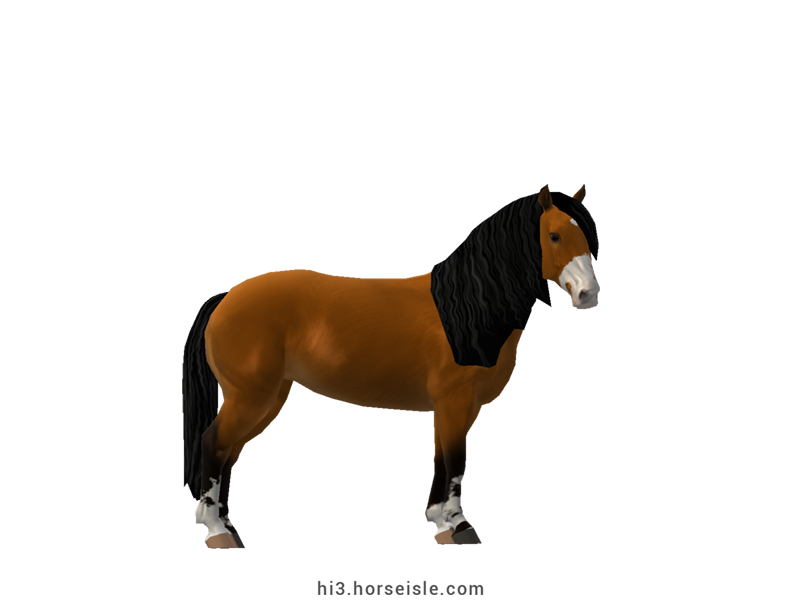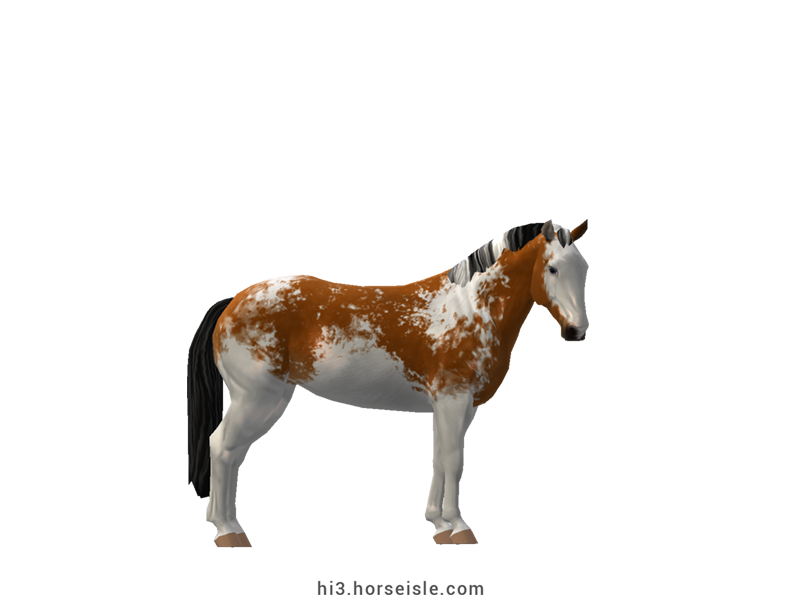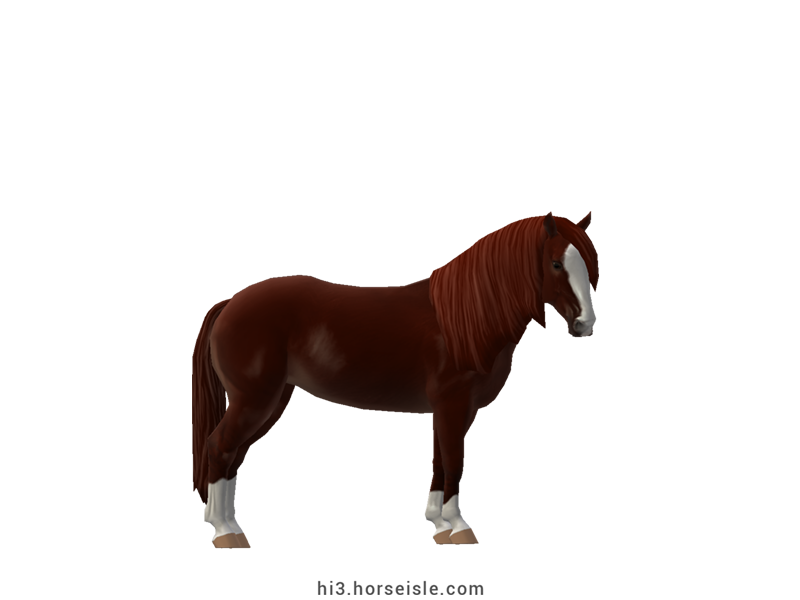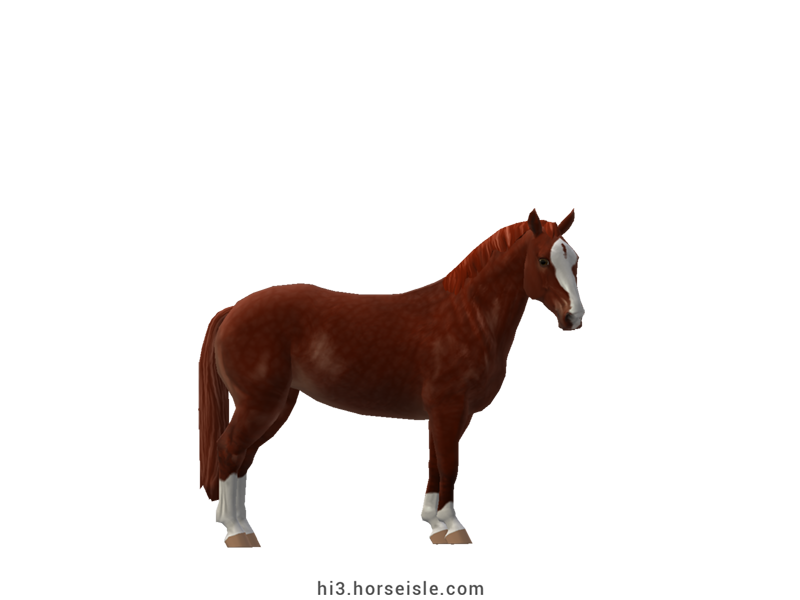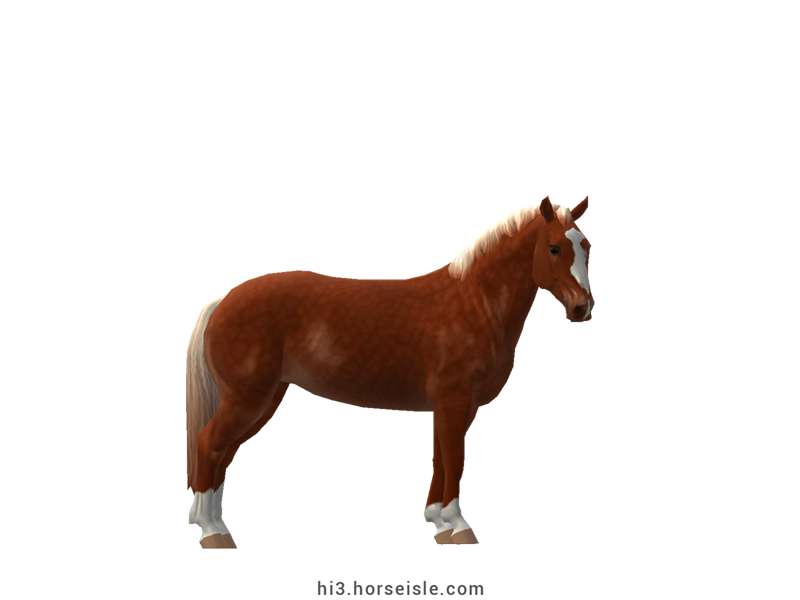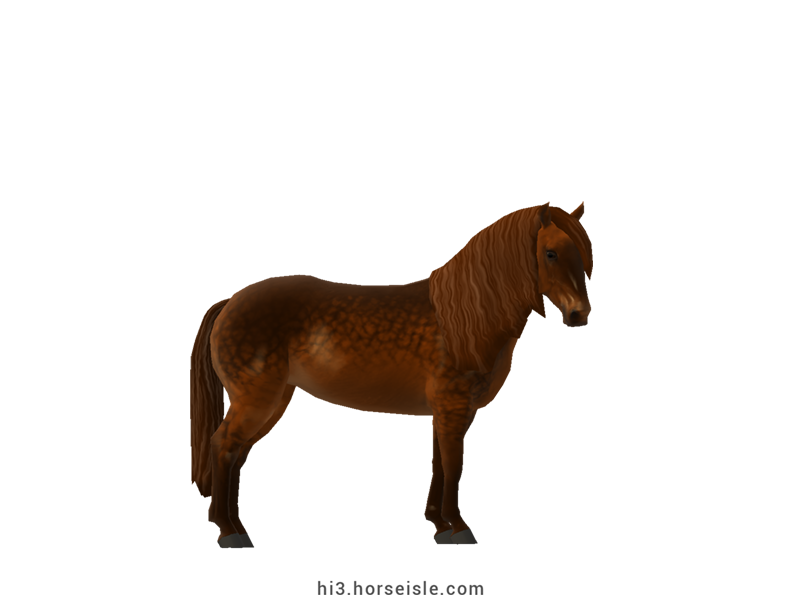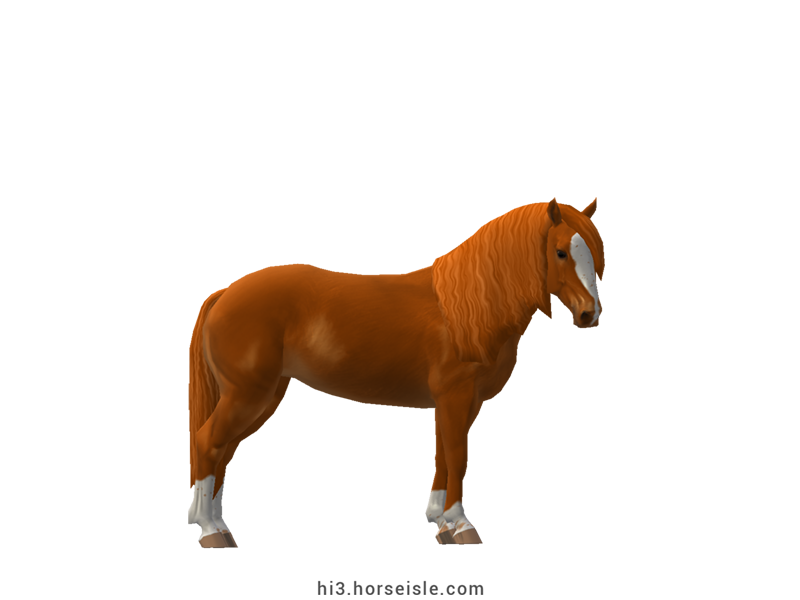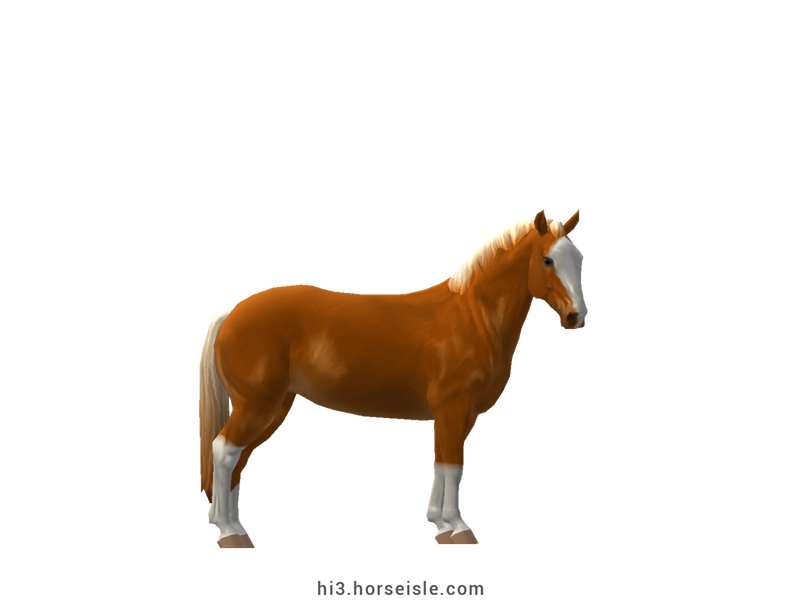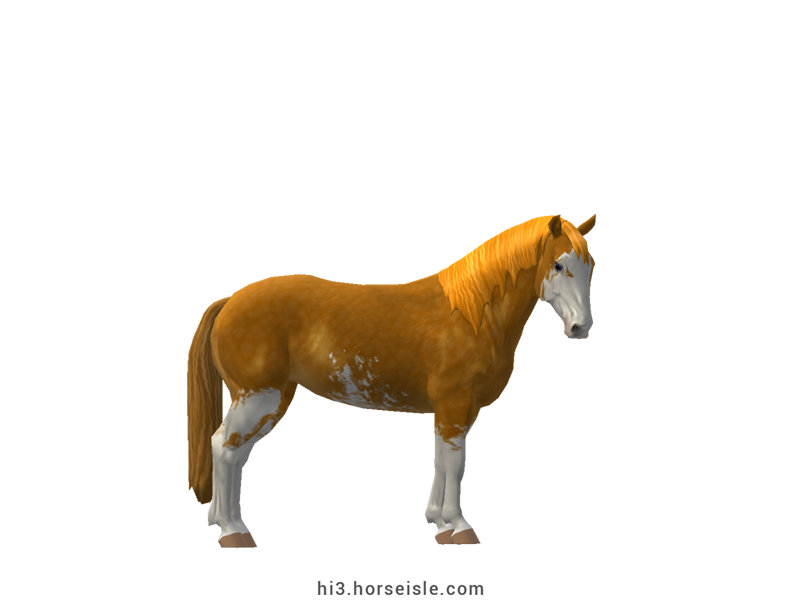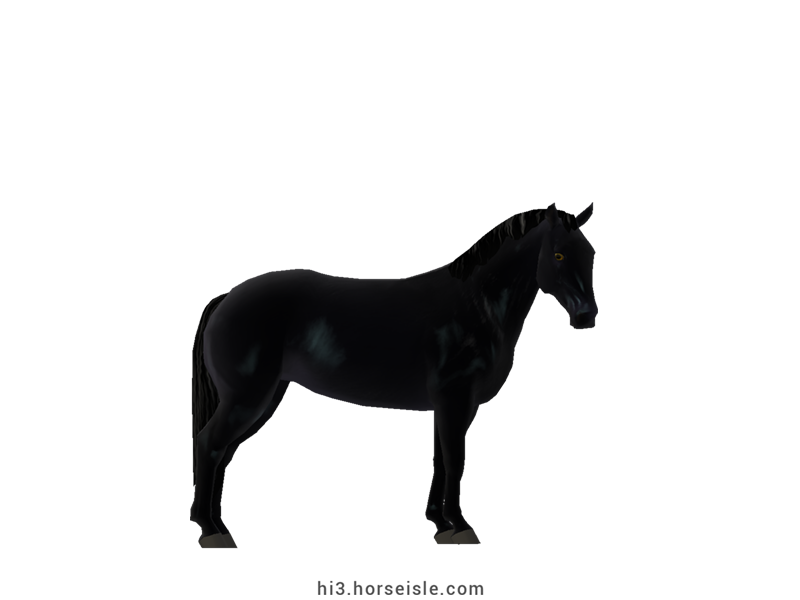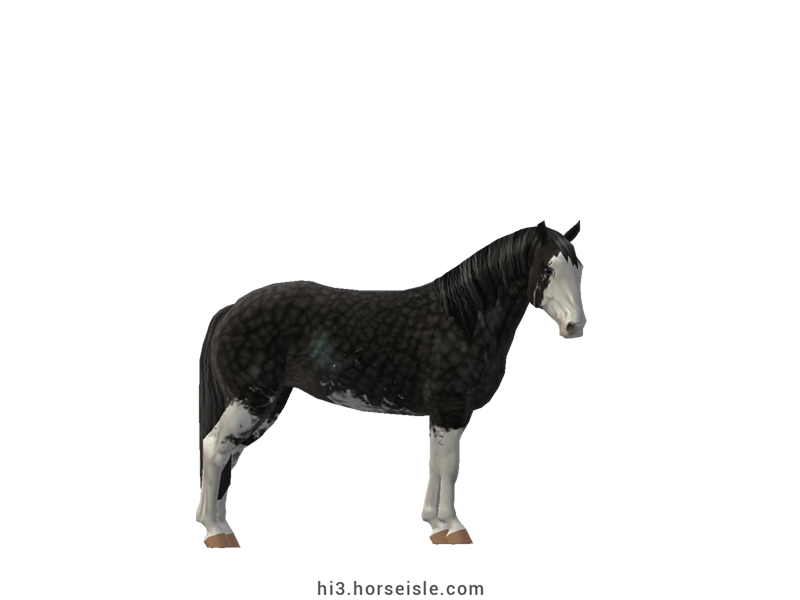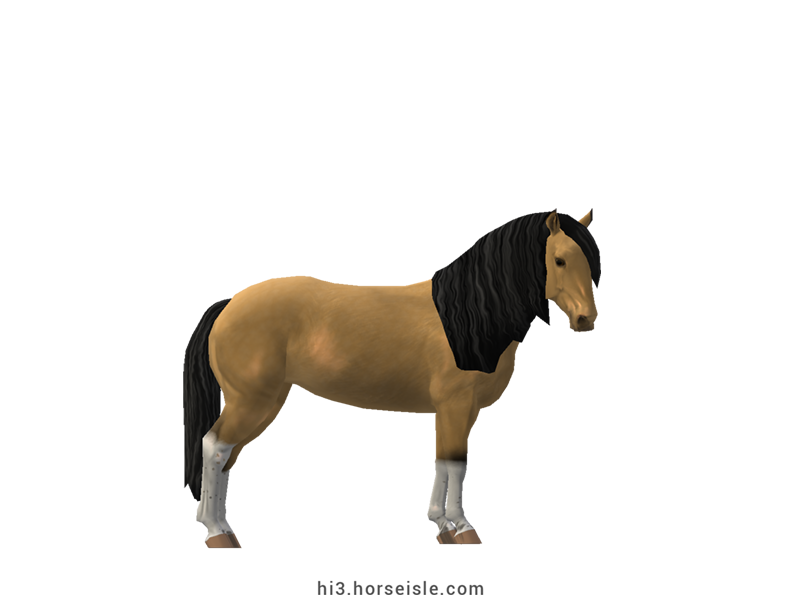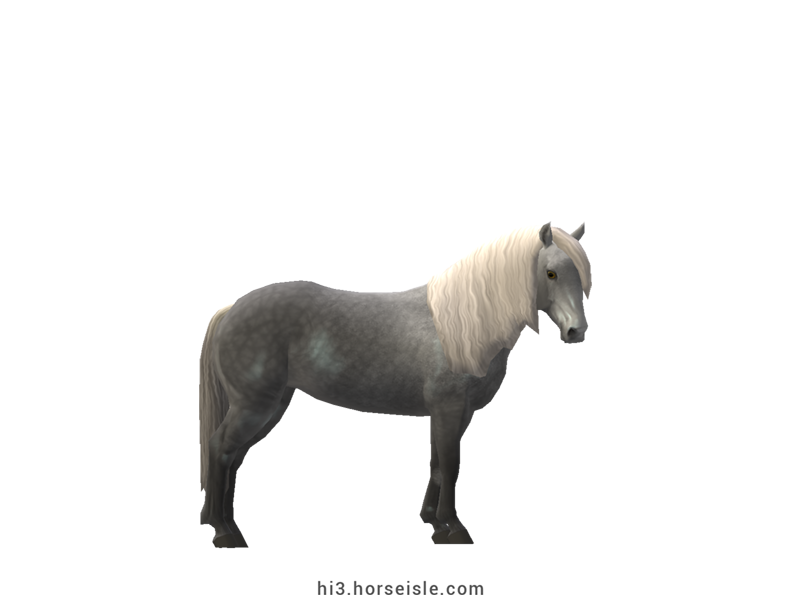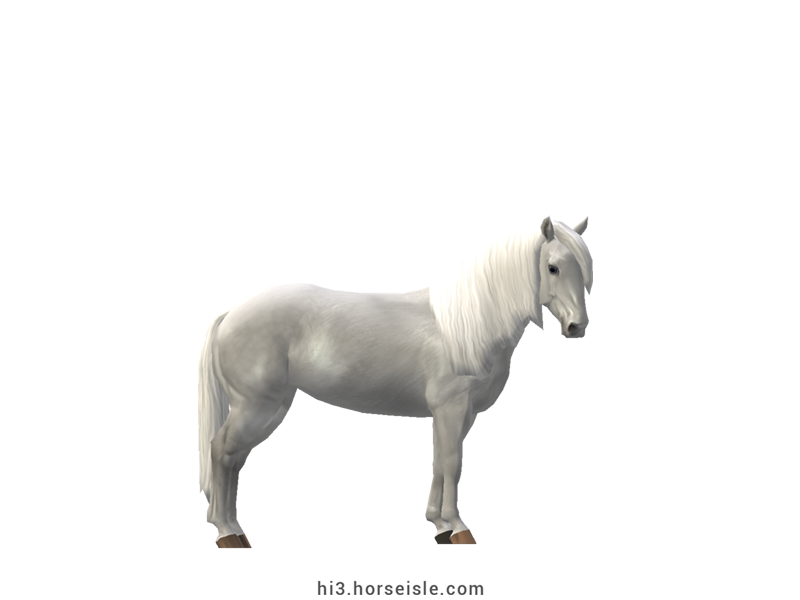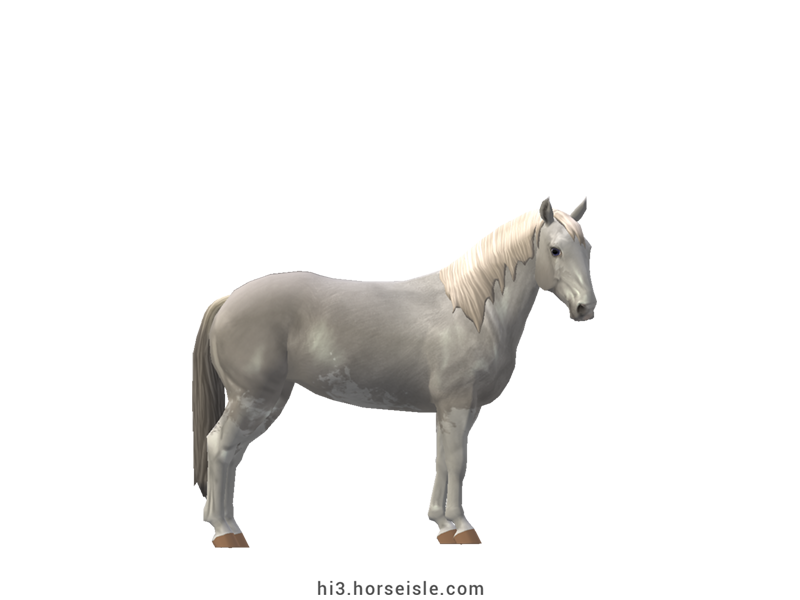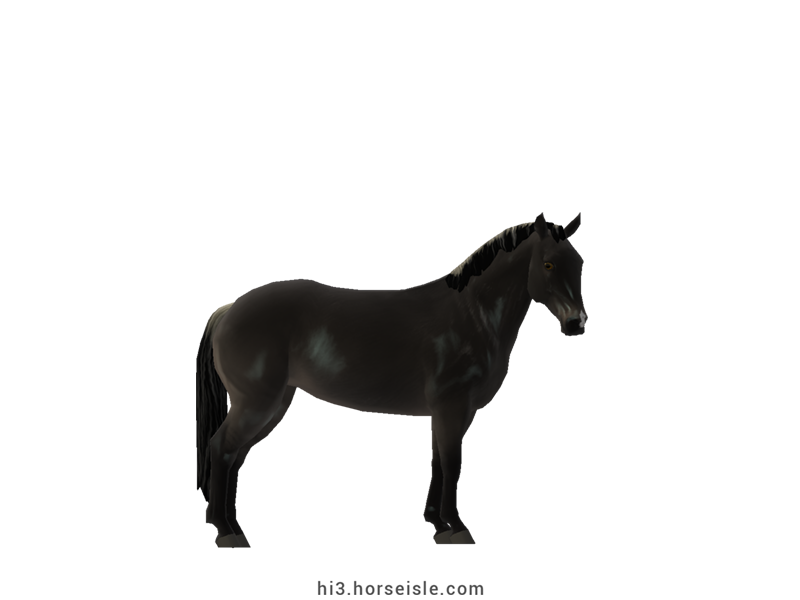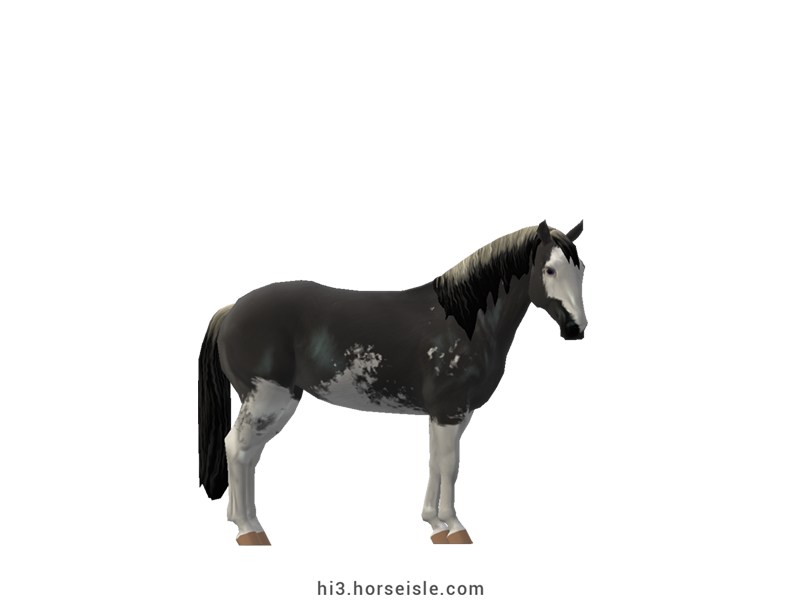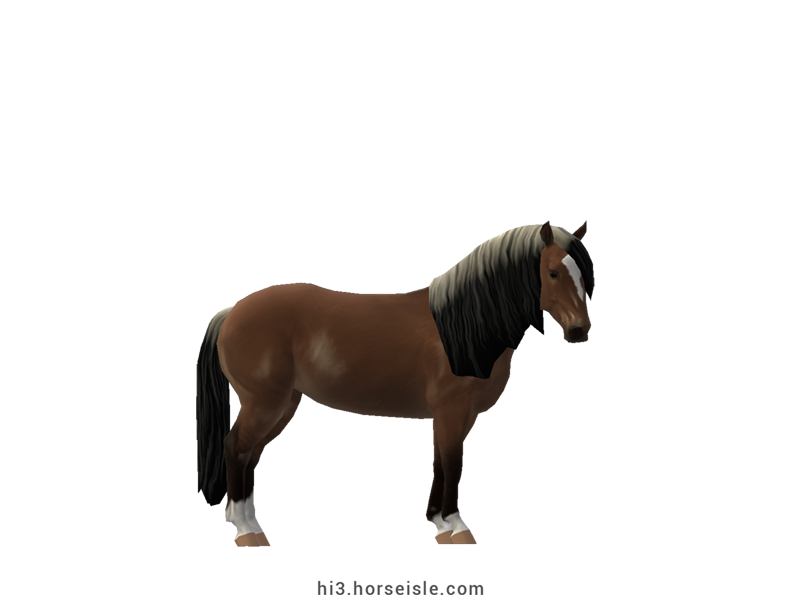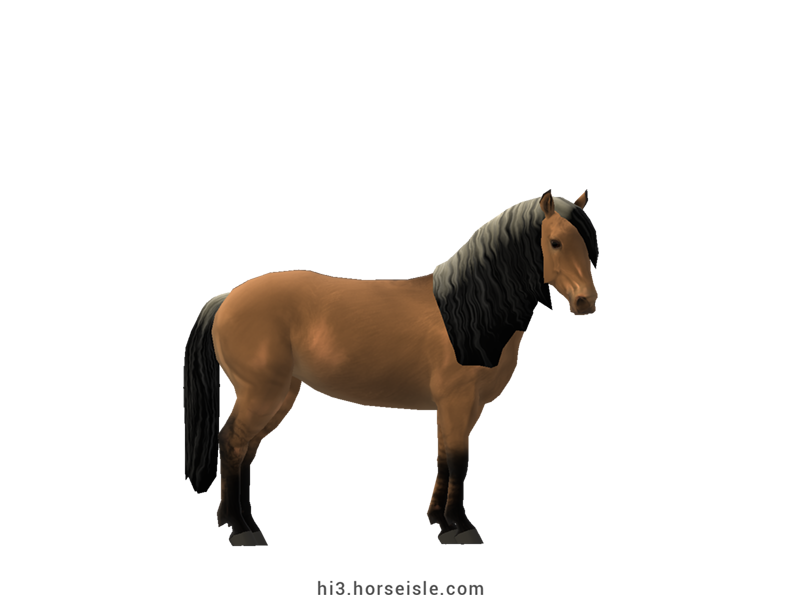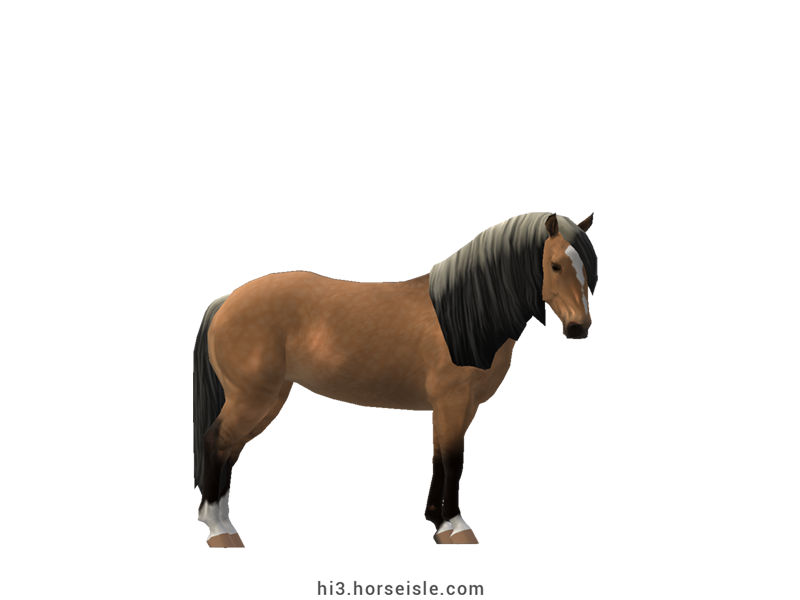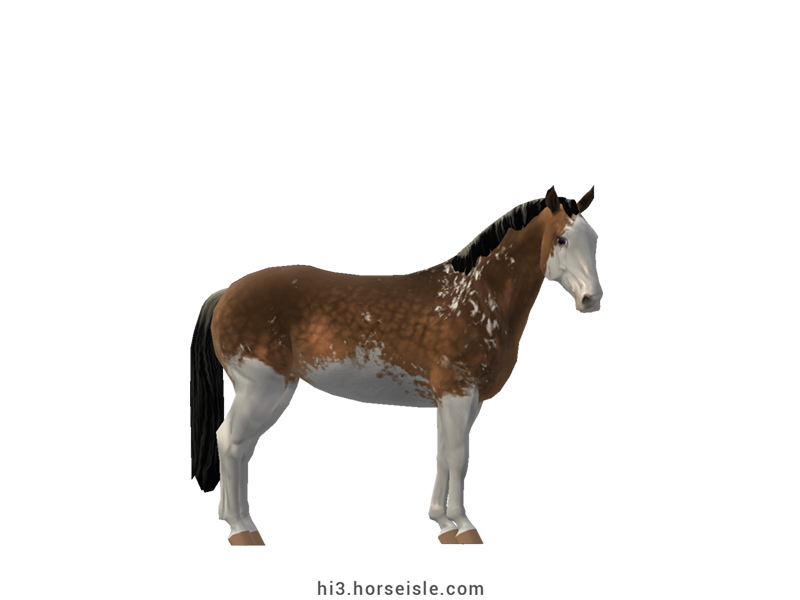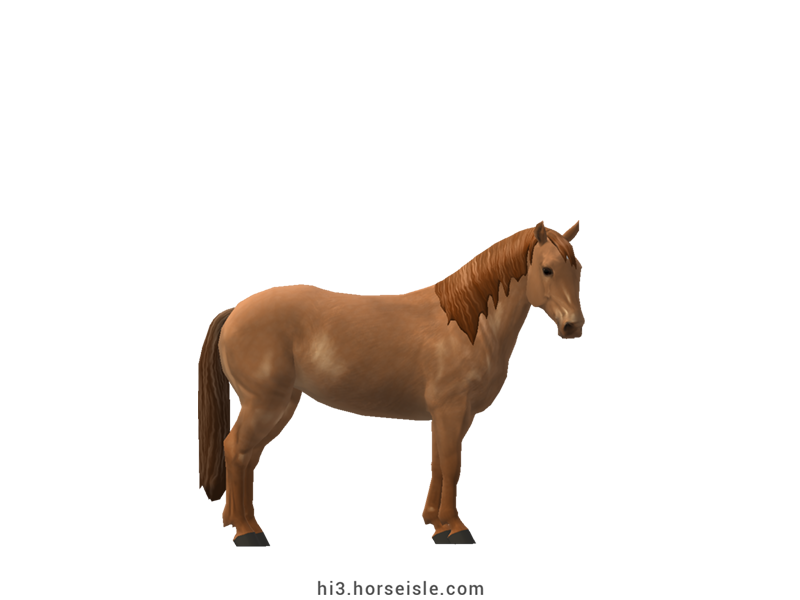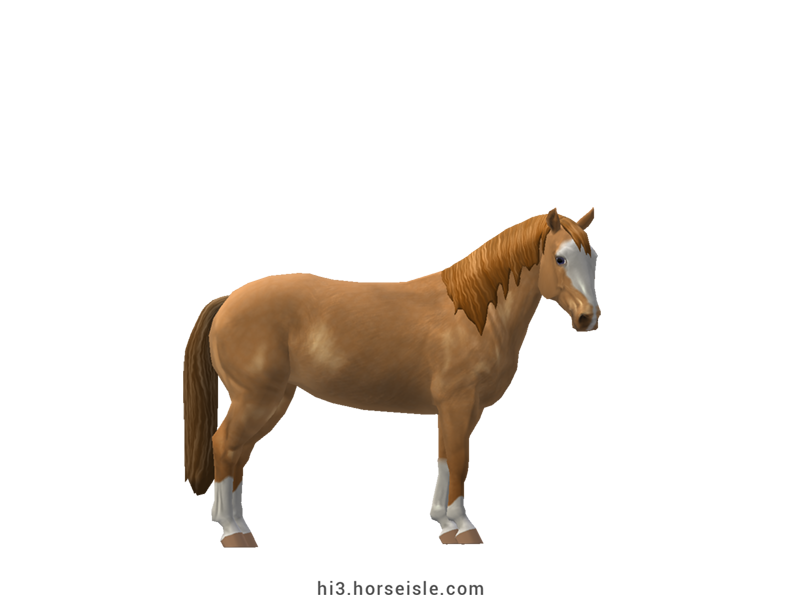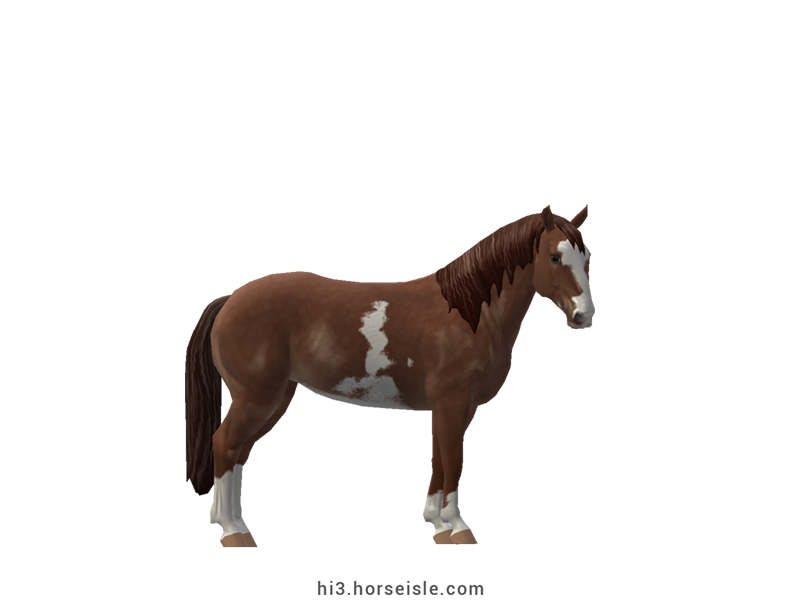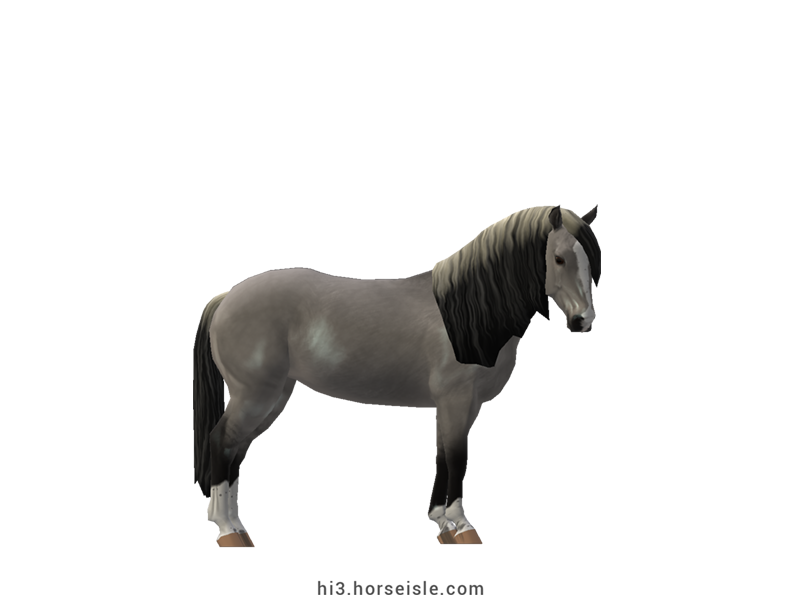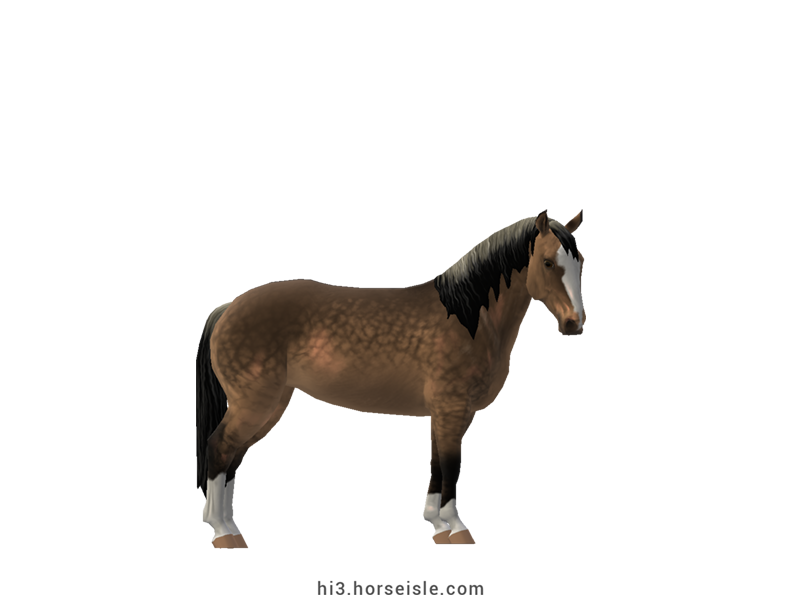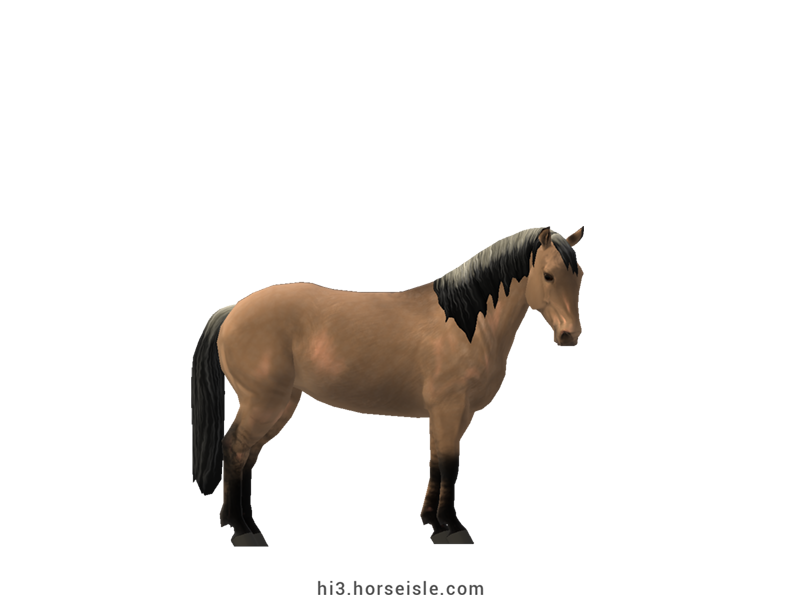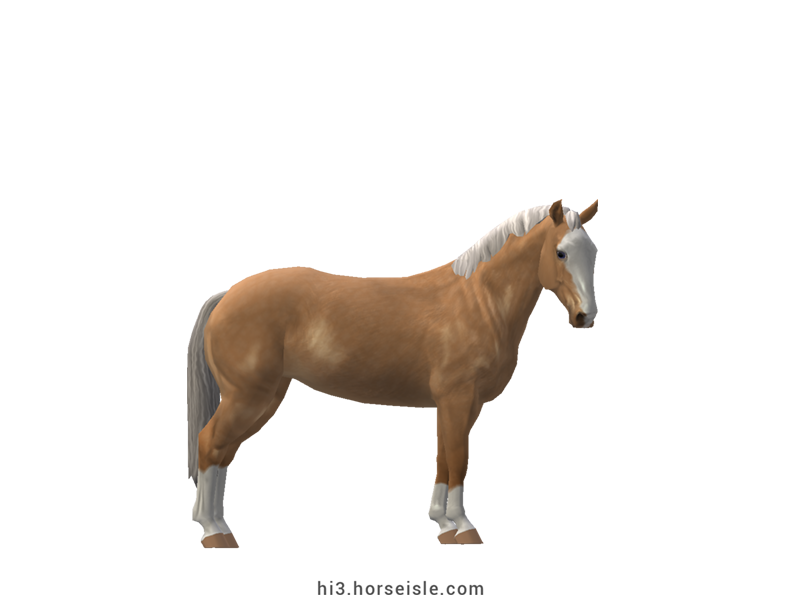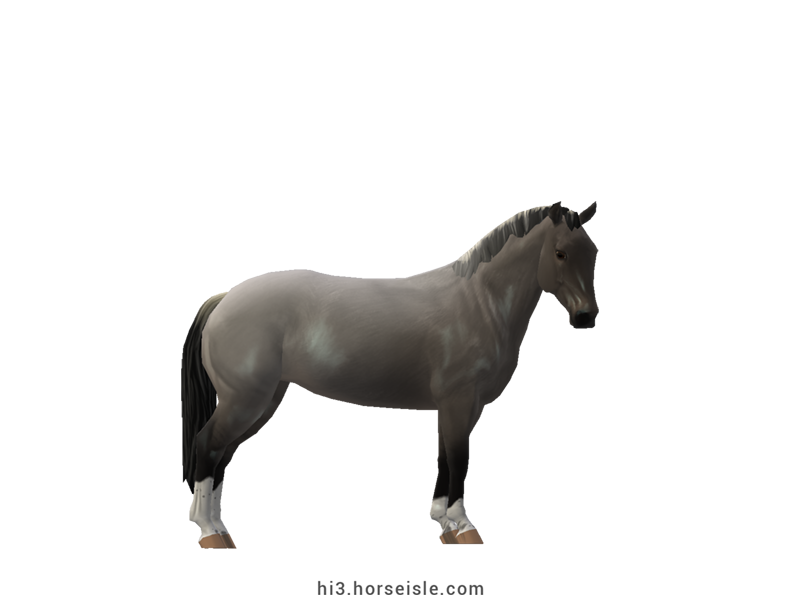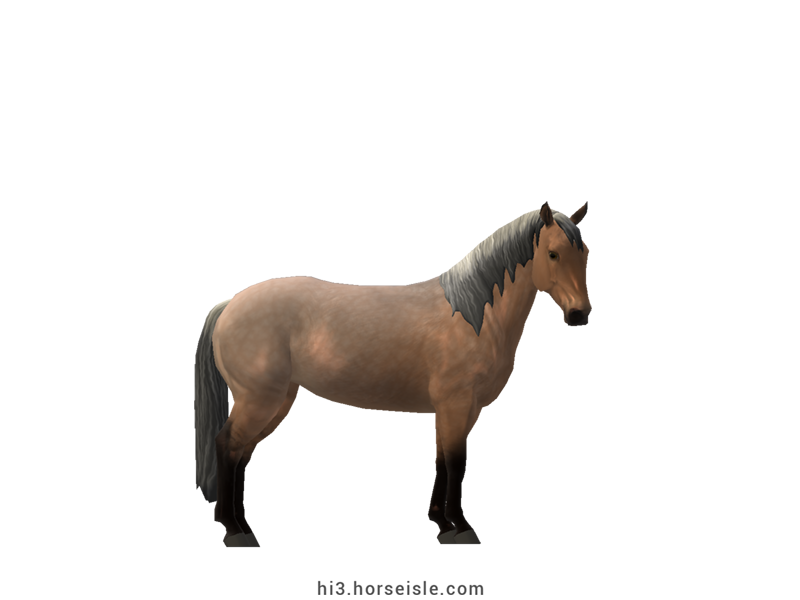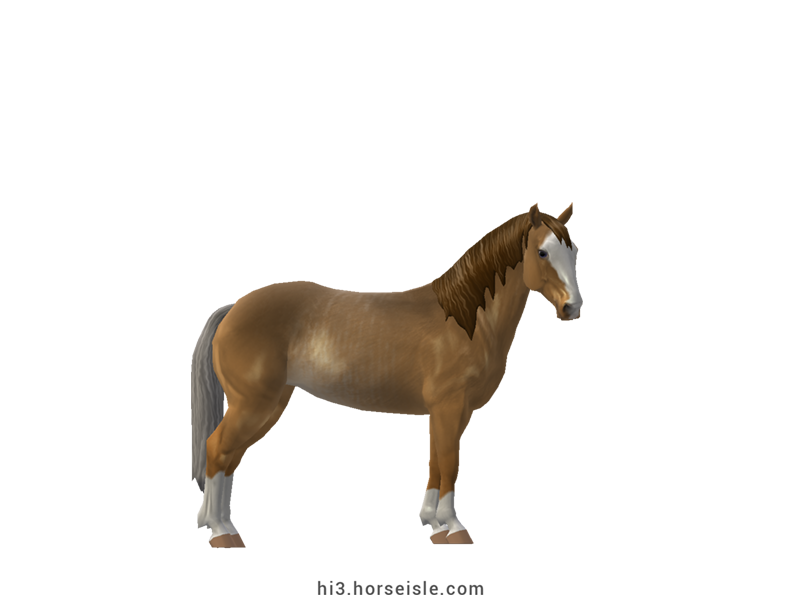Our Massive Real World Equine Reference!
[ INDEX ] Equine Type: Horse Breed: Argentine Criollo (AC) [ PREV ] [ NEXT ]
From Baguale to Argentine Criollo:
During the 16th century, Barb, Arabian, Andalusian, Garanno, and Sorraia horses were introduced to South America by the Spanish conquistadors. Many of these horses escaped into the wild and became feral.
Living in the Argentine wilderness, the horses had to survive hot summers and freezing winters while constantly searching for food and water. Over time, only those who had the stamina for these long searches were able to survive. These feral horses became known as Baguales, and those who were captured and tamed became known as Argentine Criollos.
A stamina machine:
Ever since the Argentine Criollos were tamed they have been famous for their incredible stamina, which was depicted in various stories and records that date as early as the 18th century.
According to these records, Argentine Criollos were required to cross thousands of kilometers in harsh terrains, from arid deserts to tall mountains, all while carrying a rider with cargo, and coping with a shortage of food and water.
Despite these hardships, not only did the Argentine Criollos survive these journeys, but they managed to complete them in good shape and within an impressive amount of time. These achievements made the Argentine Criollos famous in Argentina, as well as in nearby countries.
The annual stamina test:
Originally, these long journeys were performed out of necessity, such as needing to pass a message from one place to another as fast as possible, across large distances. While today there is no more need for such lengthy journeys, it is important to remember that these journeys allowed breeders to constantly test the stamina of their stock. This is why in today's Argentina, Argentine Criollos are still being tested annually for their endurance, and those who don't pass the test are banned from breeding.
In such tests, purebred Argentine Criollos have a minimum of 65 hours, but a maximum of 75 hours, to cover a distance of 750 kilometers. In addition, during the entire test, horses are allowed to feed only on the vegetation that they find along the road, just like the Argentine Criollo horses who completed the long journeys hundreds of years ago.
Unlike them, however, today's horses are assessed at various checkpoints along the course, and those who are in bad shape are removed from the test.
The Argentine Criollo today:
Back in the 19th century, the Argentine Criollo was highly valued for its hardiness and endurance, which is why it was used extensively for creating other breeds, namely the now extremely popular Argentine Polo Pony. Crossbreedings were so common that by the beginning of the 20th century, the purebred Argentine Criollo began to disappear.
Luckily, the breed was saved by Argentine breeders who continued to breed and preserve purebred Argentine Criollos. Today, the Argentine Criollo is one of the most popular breeds in Argentina. It serves as an endurance and pleasure riding horse, and as a mount for gauchos, who use this breed to work cattle and to compete in gymkhana events.
Conformation:
Argentine Criollos are robust horses who have a solid conformation and a muscular build.
The head is short and has a straight or sub-convex profile, the ears can be curved inwards, the neck is arched, and the croup is rounded with a slight slope. The legs are sturdy and are shorter than the legs of most other breeds. This gives the Argentine Criollos a noticeably rectangular frame.
The mane and tail are very thick, though the mane is often cut short. Last, many Argentine Criollos may also have a little feathering on their fetlocks.
Performance metrics:
The following are the: range, average, (SD), and MOE of performance metrics of ordered Argentine Criollos in Horse Isle (not bred ones). In rare cases,
Speed: 15.6-17.0, 16.3 (0.3), 0.06.
Sprint: 59-72, 65 (3), 0.54.
Accel: 0.94-1.13, 1.03 (0.04), 0.01.
Decel: 1.11-1.26, 1.18 (0.03), 0.01.
Jump: 5.18-5.48, 5.35 (0.06), 0.01.
Pull: 2.36-3.01, 2.75 (0.12), 0.02.
Turning: 55.07-68.54, 61.22 (2.89), 0.57.
Reverse: 2.4-3.1, 2.8 (0.1), 0.02.
Stamina: 43.20-48.59, 45.74 (1.27), 0.25.
Reaction: 0.77-0.85, 0.81 (0.02), 0.00.
Coats & Height:
Colors: usually bay or dun, but also black, brown, chestnut, grey, roan, palomino, buckskin, and smoky black.
Additionals: flaxen (rare), frame-overo, rabicano, roan, sooty, manchado, sabino, all rare patterns. White markings are common.
* Tobiano doesn't exist in the Argentine Criollos but does exist in Brazilian Crioulos.
Breeding Notes: Argentine Criollos who lack too much color and have only pink skin are banned from registration and breeding. Therefore, double-cream dilutes (CC), dominant white, and maximum sabino don't exist in this breed. Crossing Cream Cc horses with each other, or crossing Sabino-1 Sbsb horses with each other, can result in a grade foal. In addition, pinto horses who lack too much color (e.g. maximal pinto) will be penalized as well.
Height: 13.2hh to 14.3hh.
[ INDEX ] [ PREV ] [ NEXT ]

